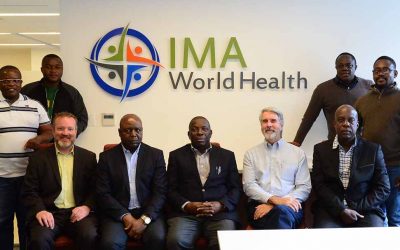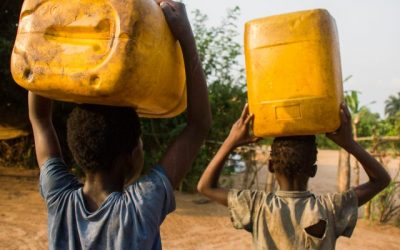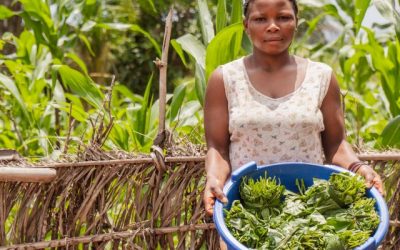ASSP
Access to primary health care project | Accès au Soins de Santé PrimaireABOUT ASSP
The Access to Primary Health Care program, known locally as ASSP, uses a health systems strengthening approach. ASSP collaborates with the Ministry of Health, or MOH, at the national and provincial levels, giving focused support to health zones, health facilities, and community levels. In addition, IMA and its partners ensure that more than 75% of the project resources are concentrated within the health zones. In other words, the majority of funds pay for programs that provide for service delivery, empowerment, accountability and capacity building of local community service organizations, partners and MOH representatives.
The project supports 9.7 million people across 52 health zones.
ASSP works in five provinces: Kasaï, Kasaï Central, Maniema, Nord-Ubangui, and Tshopo.
Where We Work
ASSP supports DRC’s National Health Development Plan. Specifically, we work to improve access to and coverage of primary health care services.
ASSP aims to strengthen priority interventions such as the treatment of malaria, pneumonia, and diarrhea. In addition, its programs work to strengthen nutrition, obstetrics and neonatal care, family planning, immunization, and water, sanitation, and hygiene interventions. Most importantly, all of its services are delivered through the existing health system. Therefore ensuring the sustainability of the programs implemented. These intervention packages are aimed at improving maternal and child health. Thus allowing the DRC to achieve significant progress towards reaching Millennium Development Goals 4, 5 and 6.
read more about our work to improve access to primary health care in the drc
DFID and the SIDA allocated £182,899,146 to support the Government of the Democratic Republic of Congo’s efforts to improve the health of its citizens. Accordingly, IMA World Health was selected as the lead organization to implement ASSP and in collaboration with the MOH. In addition, four implementing partners support the program at the provincial level: SANRU, World Vision, CARITAS and International Rescue Committee. Finally, four technical partners provide assistance at the national level: Tulane University (Operational Research), Pathfinder (Reproductive Health and Family Planning), HISP (Health Information Systems) and IntraHealth (Human Resource Information Systems).
Creating a national health information system in DRC
IMA World Health has been working with the Ministry of Health in the Democratic Republic of Congo,...
ASSP’s WASH Program Certifies its First Round of Healthy Villages
The Democratic Republic of Congo (DRC) is one of the most water-rich countries in the world,...
ASSP Project Uproots Malnutrition with Household Gardens
As they sit quietly in front of their family’s hut in Congo’s Kasai-Occidental Province,...
QUICK CONTACTS
Recent Posts
Creating a national health information system in DRC
IMA World Health has been working with the Ministry of Health in the Democratic Republic of Congo, or DRC, for more than 10 years to support the development of an effective and efficient National Health Information System in the country. This central reporting system...
ASSP’s WASH Program Certifies its First Round of Healthy Villages
The Democratic Republic of Congo (DRC) is one of the most water-rich countries in the world, containing 52% of the African continent’s freshwater resources. Despite this enormous availability of freshwater, only 32% of the rural population has access to potable water...
ASSP Project Uproots Malnutrition with Household Gardens
As they sit quietly in front of their family’s hut in Congo’s Kasai-Occidental Province, two-year-old twins Kanku and Mbuyi watch a pair of chickens ambling around their feet. Neither of the tiny boys gives chase or swats at the beaks that occasionally peck at their...





